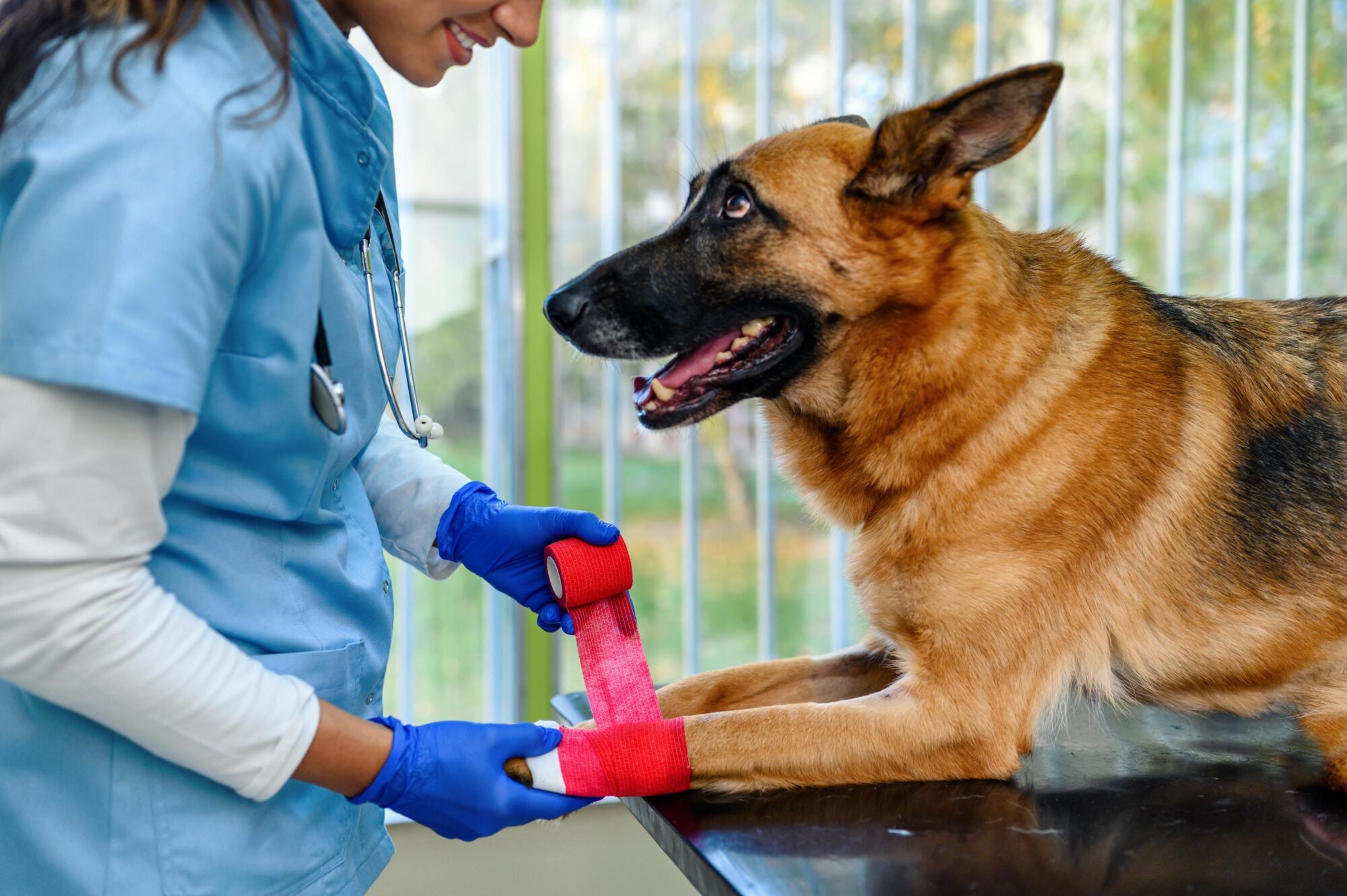What Preventive Bloodwork Can Reveal About Your Pet’s Health

All we pet parents want is for our furry family members to live long, happy, and healthy lives. The great thing about modern medicine is that with pet bloodwork, we have a tool to help achieve this goal!
Today, the team at Dupont Veterinary Clinic will share why routine blood tests for pets are so important.
Why Routine Blood Tests for Pets Matter
Pet bloodwork helps with veterinary diagnostics, giving your medical team insights into your pet’s:
- Organ function, including the liver, kidneys, and pancreas, which helps spot early signs of organ disease or failure.
- Immune system activity, revealing infections, inflammation, or immune-related conditions you can’t otherwise see.
- Metabolic health, monitoring blood sugar and electrolytes to check for conditions like diabetes or dehydration.
- Red and white blood cell counts, which can help diagnose or rule out anemia, infection, or bone marrow issues.
- Thyroid levels, which are especially important to monitor in senior pets because imbalances can play a role in their energy levels, weight, and behavior.
- Clotting ability to make sure your pet’s blood is clotting properly—a crucial step before surgeries or after injuries.
In other words, bloodwork is a crucial step in pet health screening. This is why veterinarians typically order labs during wellness exams for pets. When we can understand what’s going on inside your pet’s body, we can take steps to address any early signs of potential health issues.
The Role of Bloodwork in Early Disease Detection
One of the most significant benefits of pet bloodwork is early disease detection in pets. Many serious conditions don’t show outward symptoms until they’re advanced. Blood tests can give veterinarians clues that point to these hidden problems.
The conditions bloodwork, specifically, can help identify early include:
- Anemia
- Diabetes
- Thyroid disorders
- Infections (including heartworm)
- Pancreatitis
- Kidney disease
- Liver disease
- Cancers (including leukemia, lymphoma, carcinomas, and mast cell tumors in advanced stages)
According to research published by the National Institutes of Health (NIH), one in four dogs and one in five cats will develop cancer over their lifetimes, usually as they get older.
This is why senior pet bloodwork is particularly important. Geriatric pets face more health risks than younger animals. With routine bloodwork, we can get ahead of those health risks.
The earlier your pet gets a diagnosis and starts treatment, the better her chances of a happy, healthy life!
Pet Bloodwork: A Simple Step Toward Lifelong Health
The caring team at Dupont Veterinary Clinic is here to help your pet stay healthy throughout his lifetime. We include pet bloodwork as part of our patients’ regular healthcare routine. With our onsite laboratory, you can get results from these minimally invasive tests within days, not weeks.
Reach out to us at (260) 637-7676 to schedule a preventive care appointment with our team!
